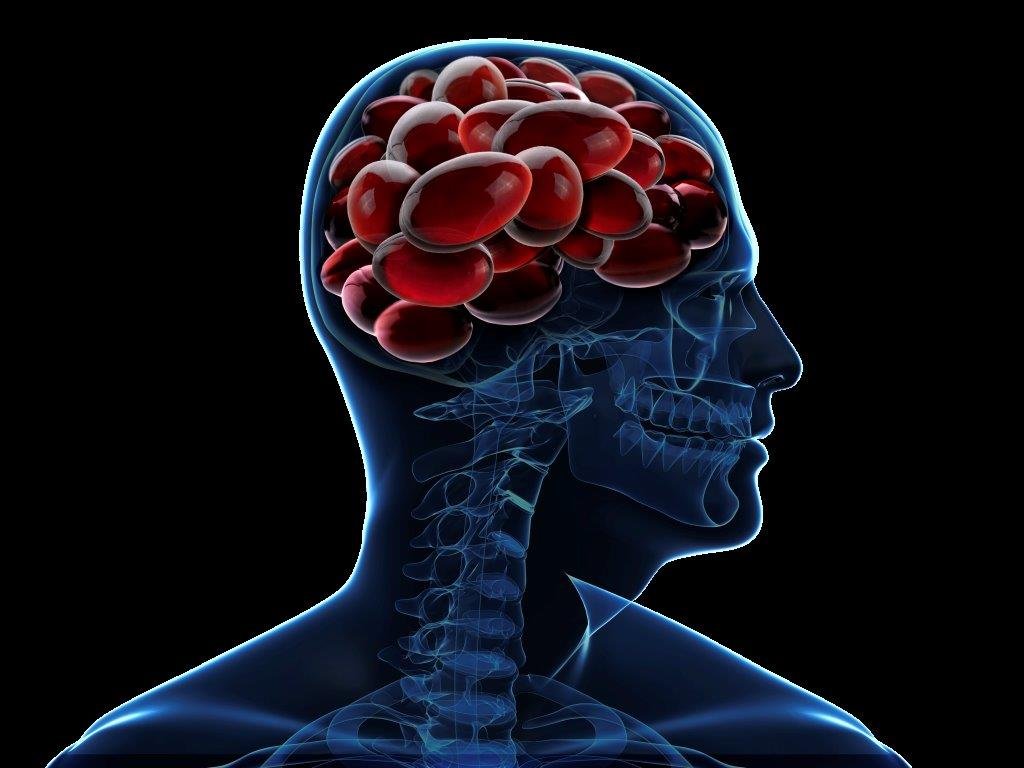| Benefits of Krill Oil:
Astaxanthin is the red pigment that accumulates in commonly eaten seafood, such as lobster, salmon, trout, red sea bream, shrimp, and crayfish. Astaxanthin has a significant protective role in nature Astaxanthin is a carotenoid, the same family of molecules found in carrots, tomatoes, and other colorful fruit. In fact, astaxanthin the most abundant carotenoid pigment found in aquatic animals and the marine world. Single-celled microalgae plants occupy the very bottom of the food chain, combining organic materials with sunlight to produce the vast majority of living material on the planet. Haematococcus pluvialis is one of these and it is the richest source of astaxanthin. What does astaxanthin do it nature? Astaxanthin protects the highly concentrated polyunsaturated fatty acids found in cell membranes and muscles in salmon. These fats are the main energy powerhouse that enables salmon to accomplish their well-known upstream marathon to spawn. Salmon muscles contain the highest concentration of astaxanthin in the animal kingdom. Astaxanthin is an excellent antioxidant, scavenging free radicals and thus regulating the process of oxidation in animals’ (and humans’) bodies. Astaxanthin protects marine creatures, such as Antarctic krill, as well as the phytoplankton on which the krill feed (and human skin), against UV light damage. In fish, astaxanthin is believed to have a synergistic effect on other important antioxidants such as Vitamins C and E Antioxidants like astaxanthin disarm dangerous free radicals before they have a chance to damage proteins, fats, and the genetic material of cells – damage that ultimately contributes to aging and underlies many disease processes, including cancer, heart disease, cognitive decline, and diabetes.
Krill oil should also be used with caution by people taking herbs and supplements that are thought to increase the risk of bleeding, such as ginkgo biloba and garlic. Benefits of Acetylcholine: Central to memory and mood Required for lipid transport from liver Controls breathing, heart rate, skeletal muscles Acetylcholine is also the principal neurotransmitter in all autonomic ganglia It is the only neurotransmitter used in the motor division of the somatic nervous system Acetylcholine is one of many neurotransmitters in the autonomic nervous system (ANS) In fish, astaxanthin is believed to have a synergistic effect on other important antioxidants such as Vitamins C and E.
Central components of almost all cell membranes Forms the bricks and mortar of the body’s entire architectural system Strong antioxidant activity and Immune Response Omega-3 fatty acids have been found beneficial in so many ways Heart disease, arthritis, cognitive decline, depression, anxiety, skin conditions Possible drug interactions: People taking blood thinners (anticoagulant or anti-platelet medication), such as aspirin, warfarin (Coumadin), heparin, clopidogrel (Plavix), non-steroidal anti-inflammatory medications (NSAIDS) such as ibuprofen (Motrin, Advil), naproxen (Naprosyn, Aleve) should only use krill oil under a physician’s supervision. |
 Benefits of Astaxanthin:
Benefits of Astaxanthin:
